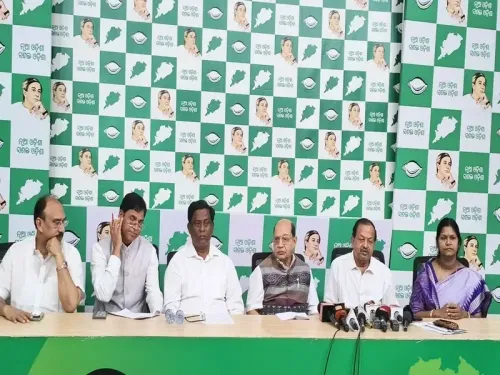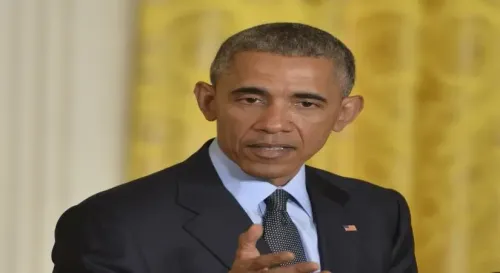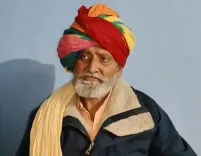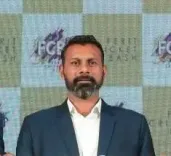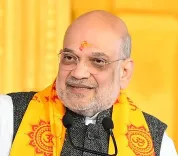Who Was Arrested in the Odisha Question Paper Leak Case?

Synopsis
Key Takeaways
- Another teacher arrested in the ongoing question paper leak investigation.
- Total of seven suspects now detained by the Crime Branch.
- Examination integrity is at stake following the cancellation of OTET-2025.
- Financial transactions of the accused are under investigation.
- Mobile devices and handwriting samples have been seized for forensic analysis.
Bhubaneswar, Aug 1 (NationPress) The Odisha Police's Crime Branch has apprehended another educator linked to the leakage of question papers for the Special Odisha Teacher Eligibility Test (OTET)-2025, raising the total number of individuals detained in this case to seven, as confirmed by a senior official from the Crime Branch on Friday.
The Special OTET-2025 examination, originally slated for July 20 by the Board of Secondary Education (BSE), Cuttack, was annulled after the question papers circulated widely on social media prior to the test.
The latest suspect has been identified as Prasant Kumar Khamari (56), residing within the police jurisdiction of Jenakhalpada, Bhawanipatna in Kalahandi district.
Khamari, who is affiliated with a government school located in Bhejipadar, Bhawanipatna, conspired with several other accused individuals including Bijay Kumar Mishra, the Ex-Cadre Working President of the State Ex-Cadre Teacher Association, and Sanatan Bisoi, President of the Ex-Cadre Teachers Association in Koraput District. They acquired the question papers via Jitan Moharana, a data entry operator at the BSE headquarters in Cuttack, and transcribed the computerized papers in their own handwriting to conceal the original leaked content.
Moreover, Khamari lured vulnerable teachers who had previously failed the Special OTET examination, selling them the leaked papers for personal profit.
Upon reviewing the financial transactions associated with Khamari, it was discovered that he transferred Rs 99,000 through PhonePe to the primary suspect, Bijay Kumar Mishra, to collect cash from these unsuspecting teachers.
The financial accounts of the suspects are currently under scrutiny.
Previously, the Crime Branch had detained six additional individuals connected to this scandal just days prior. Khamari was taken into custody on Thursday and subsequently presented to the court in Cuttack on Friday.
Sources from the Crime Branch indicated that Khamari's mobile device has been confiscated, and handwriting samples have been collected in the presence of witnesses for examination by the Handwriting Bureau and Cyber Forensics.



